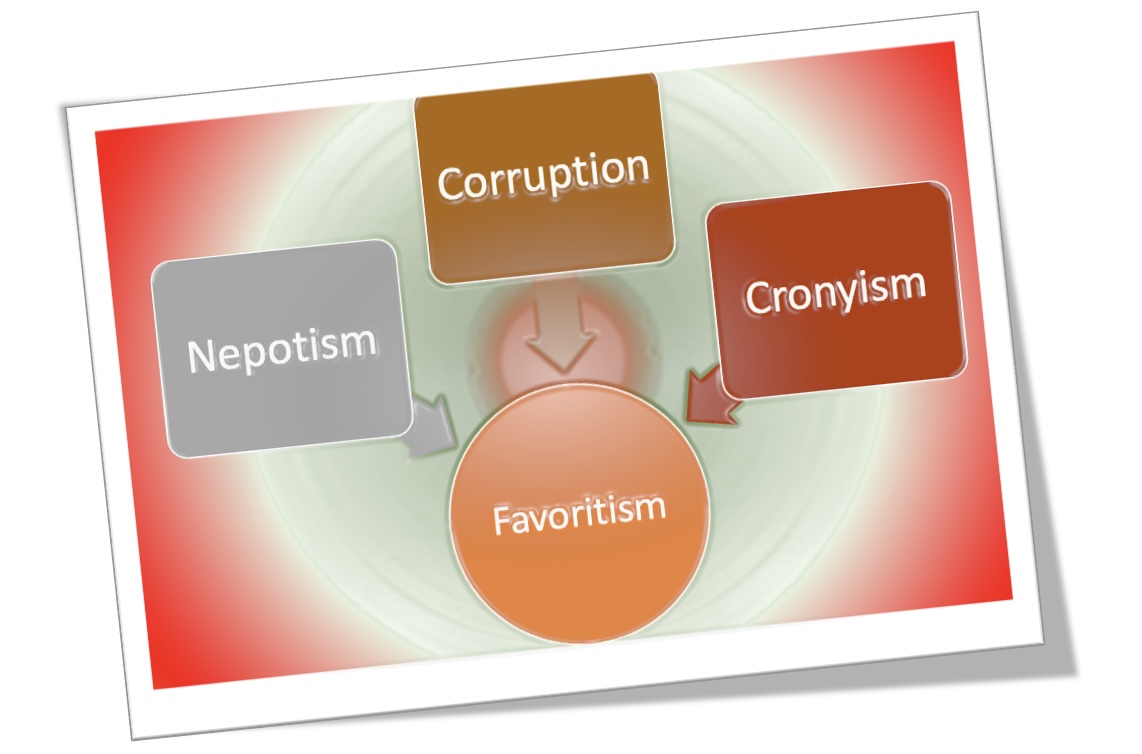Trump’s ‘golden age’ dream is a fallacy, and the golden chariot is already stuck in the mud.
In his inaugural speech, President Donald Trump said, “The golden age of America begins right now.” Really? History is haphazard. Human beings are flawed. Powers rise and fall. Every action provokes a reaction. There never was — and there never will be — a golden age.
The White House marketing department would beg to differ: It described Trump’s first 100 hours as “Historic Action to Kick Off America’s Golden Age.” On the official White House website, a large, dramatic picture of Trump includes the motto “America is Back.” Under the motto it says, “This will truly be the golden age of America.”
But the golden chariot is already stuck in the mud. Chaos ensued immediately after Trump’s initial frenzy of executive orders, firings and funding freezes. Critics lambasted the January 6 pardons. A federal judge said Trump’s plan to end birth-right citizenship was “blatantly unconstitutional.” And pundits howled about authoritarianism, fascism and the like. In The New York Times, columnist Jamelle Bouie said Trump “wants to remake the government in his image. He wants to be king.”
Maybe that royal fantasy is at the heart of all the golden age rhetoric. Trump likes glitzy, gold-plated regalia. But I’m not convinced there is any grand strategy behind Trump’s gilded dreams. It seems more like he is throwing stuff against the wall to find out what sticks.
And that’s pretty much politics as usual: You try something. You see what you can get away with. The opposition pushes back. The lawyers get to work. And, in four years, we do it all over again.
The greed, graft and grime of humanity reduces any talk of a golden age to absurdity. In proclaiming a utopia, you will provoke inevitable backlash. Human beings are contrarian. If you say it’s perfect, I’ll say it’s flawed. We nay-say out of spite — or just for fun. Politicians turn this dialectic into performance art.
At any rate, the world is more complicated than Trumpian alchemy admits. Human lead cannot be turned into gold. The philosophers tell us that the crooked timber of humanity cannot be made straight. Applying gilded paint to crooked wood cannot conjure up a golden age.
The Founding Fathers understood this. The Constitution is designed for flawed humanity. As I explained in my book, “Tyranny from Plato to Trump: Fools, Sycophants and Citizens,” the Framers understood that human beings were not angels. They wanted to prevent the apotheosis of any mortal human being as tyrant or king. That’s why they instituted the separation of powers. As James Madison explained, “Ambition must be made to counteract ambition.”
The Framers also warned against the naïve fantasy of a golden age. Alexander Hamilton suggested it was a “fallacy” to ignore the “imperfections, weakness and evils” of humankind. He asked: “Is it not time to awake from the deceitful dream of a golden age, and to adopt as a practical maxim for the direction of our political conduct, that we, as well as the other inhabitants of the globe, are yet remote from the happy empire of perfect wisdom and perfect virtue?”
Trump is pushing the limits of Constitutional checks and balances. But those safeguards are already pushing back. Let’s hope they are sturdy enough to withstand this onslaught. It can help to study Hamilton’s claim that the gilded pipe dream is devious and dangerous.
The hallucination of utopia is at the root of many evils. It can lead to complacency or fanaticism, but none of us is perfectly wise or virtuous. And in the real world, there is no substitute for humility and hard work.
Hamilton warned that unwise leaders cause chaos when personal ambition runs amok. As he puts it, leaders “have, in too many instances, abused the confidence they possessed; and assuming the pretext of some public motive, have not scrupled to sacrifice the national tranquility to personal advantage or personal gratification.”
Which leads us back to the present pandemonium. It is ironic that the muck of the moment was introduced by Trump’s ambitious plan for a golden age. One hopes the president realizes that leadership is not marketing. It requires prudence and expertise. In a democracy, it also depends upon compromise and consultation. Wisdom humbly admits imperfection, and virtue is more substantial than any gilded dream.
Read more at: https://www.fresnobee.com/opinion/readers-opinion/article299445559.html#storylink=cpy






